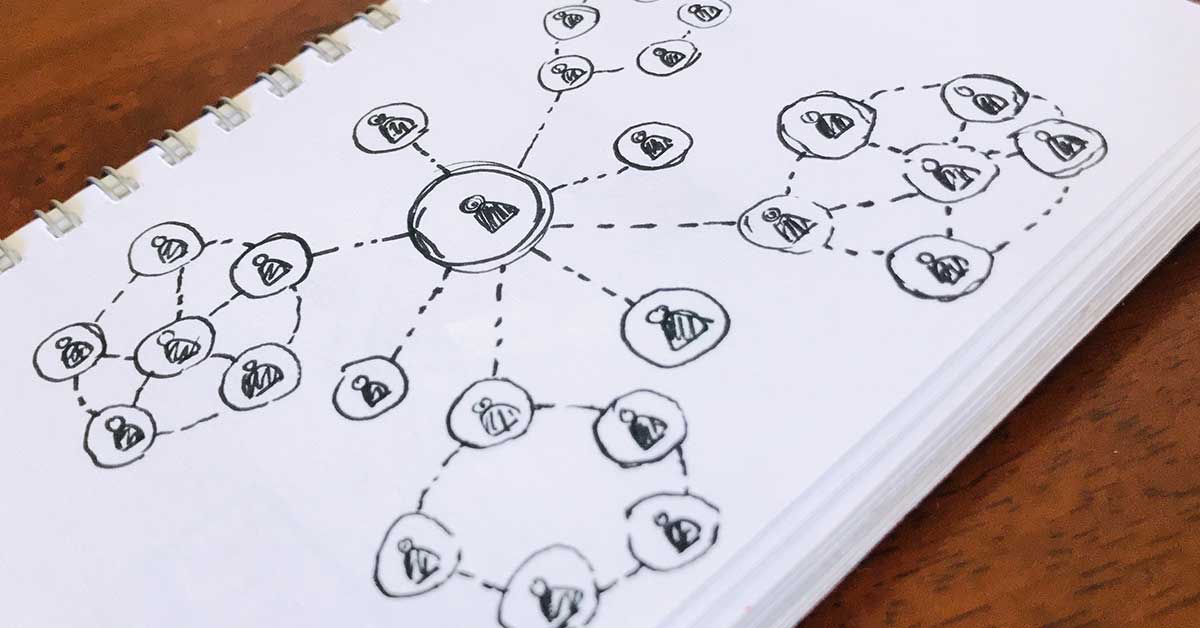Table of Contents
A Crisis in Compliance
Public Law 101-630, also known as the Indian Child Protection and Family Violence Prevention Act, was enacted to protect Native American children from abuse and neglect. While this law is critical to safeguarding students, it has become an overwhelming compliance burden for schools operated by the Bureau of Indian Education (BIE).
Many schools struggle to meet the complex background checks, screening, and adjudication requirements due to high staff turnover, lack of training, and severe understaffing in HR departments. The logistical barriers create a nightmare scenario where schools are out of compliance, leaving them at risk for funding cuts, legal action, and liability exposure.
If your school struggles with oversight, facilitation, HR audits, background screenings, and PL 101-630 compliance, you urgently need experienced support. Contact Dr. Christopher Bonn at
📩 chris@bonfireleadershipsolutions.com
What Is Public Law 101-630?
PL 101-630 requires federally funded schools, including BIE-operated schools, to conduct extensive background checks on all employees and contractors who work with children. This includes:
✅ Fingerprint-based criminal background checks
✅ Tribal adjudication processes
✅ FBI & BIA criminal history reports
✅ National Background Investigation Service (NBIS) screenings
Schools must ensure that all employees pass these checks and that no one with a history of child abuse, violent offenses, or certain criminal convictions is employed in a school setting.
Why Is Compliance a Logistical Nightmare?
BIE-operated schools are expected to meet the strictest federal hiring and security requirements, yet they lack the staffing, training, and resources to do so effectively. Here’s why compliance is so difficult:
1. Extreme Staff Turnover
Schools face constant leadership and HR staff turnover, leaving them with no institutional knowledge of how to comply with PL 101-630.
· New HR personnel are often thrust into the job without proper training, which results in errors, missed deadlines, and risks of non-compliance.
· Schools struggle to process background checks properly without trained personnel, leading to hiring delays and critical staff shortages.
2. Complicated Background Check & Adjudication Process
· Schools must collect, submit, and verify multiple levels of background checks through the FBI, BIA, and state and tribal authorities.
· Many HR departments do not have direct access to FBI background reports, requiring third-party assistance to interpret findings.
· Adjudication decisions require proper legal training, but most HR teams lack the expertise or certifications to evaluate background checks correctly.
3. No Internal HR Audits or Oversight
· Schools often don’t know if they comply because they have never conducted an internal HR audit.
· Missing documentation, outdated policies, and incomplete employee files create massive legal risks.
· Without regular HR oversight, schools fall behind on compliance deadlines, leading to audit findings, funding risks, and potential lawsuits.
4. The Personnel Shortage & Training Deficit
· Few BIE-operated schools have dedicated HR professionals trained in PL 101-630 compliance.
· Schools often rely on inexperienced staff or part-time employees to process complex federal security requirements.
· School HR personnel have no standardized training or certification process to ensure they can legally handle adjudication decisions.
Step-by-Step: The Background Check & Adjudication Process
To comply with PL 101-630, schools must follow these strict background check and hiring procedures:
Collect Employment Applications & Disclosures
· Ensure all applicants provide detailed employment histories.
· Request full disclosure of prior convictions or offenses.
Submit Fingerprints & Criminal History Checks
· Fingerprints must be processed through the FBI, BIA, state law enforcement, and tribal agencies.
· Some schools cannot run their fingerprints, requiring costly third-party services.
Complete National Background Investigation Service (NBIS) Screenings
· Federal and BIA investigations determine if applicants have any history of offenses that disqualify them from working with children.
· Schools often lack direct access to NBIS systems, causing delays and missing documentation.
Tribal Adjudication Process
· If an employee is working on tribal land, the tribal court system must also review their background check.
· Each tribal adjudication process differs; many schools lack experience navigating tribal legal requirements.
Review Findings & Make a Hiring Determination
· Schools must have a qualified adjudicator review the findings and determine if the applicant meets hiring standards.
· Many HR departments do not have an adjudicator, leading to delays or improper hiring decisions.
Conduct HR Documentation & Employee Onboarding
· All compliance documents must be stored in HR personnel files for auditing purposes.
· Many schools do not keep proper records, resulting in audit failures and funding risks.
The High Cost of Non-Compliance
❌ Loss of Federal Funding – Schools that fail PL 101-630 audits risk losing critical funding from BIE and federal sources.
❌ Lawsuits & Legal Action – A school hiring an unqualified individual could face legal liability for negligence.
❌ Delays in Hiring Staff – Schools cannot hire teachers, administrators, or support staff without proper background check processing, leading to classroom shortages.
❌ Failed Security Audits – Schools that don’t meet BIE security requirements may face federal enforcement actions.
How Dr. Christopher Bonn Can Help
If your school struggles with PL 101-630 compliance, you need expert support to ensure compliance and avoid legal and financial risks.
🔹 Services Provided:
✔ HR & Compliance Oversight – Internal audits, risk assessments, and corrective action planning.
✔ Facilitation of Background Checks & Adjudication – Helping schools navigate FBI, BIA, and tribal security requirements.
✔ HR Process & Documentation Setup: Ensuring schools have proper contracts, hiring records, and security files in place.
✔ Training for HR & Administrative Staff – Providing certification and compliance training so schools meet federal hiring standards.
✔ Policy & Procedure Development – Creating employee handbooks, job descriptions, and risk management policies to align with BIE, tribal, and federal laws.
📩 Contact Dr. Christopher Bonn Today
📧 Email:chris@bonfireleadershipsolutions.com
Don’t wait until your school fails an audit or loses funding. The compliance process is complex, time-consuming, and legally risky if mishandled. Let’s work together to ensure your school is protected and fully compliant.
🚨 Act Now Before Your Next Security Audit! 🚨





